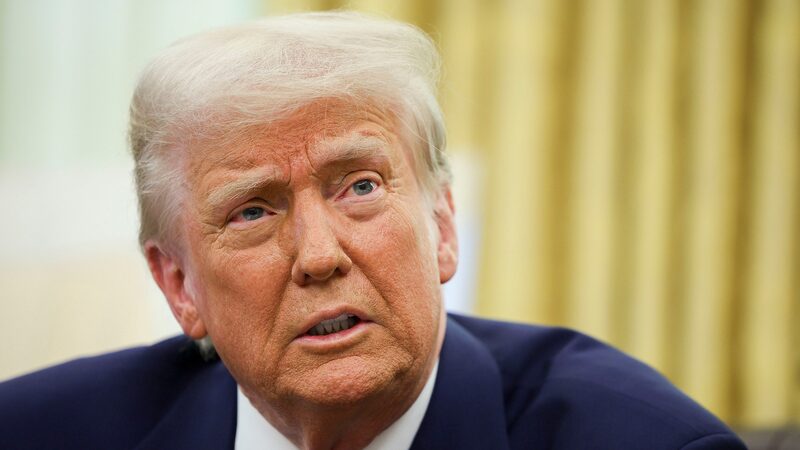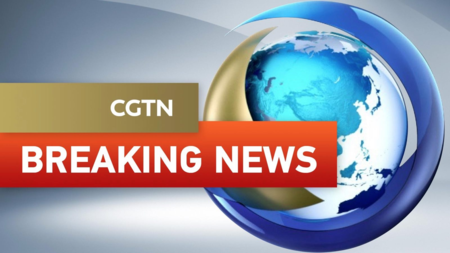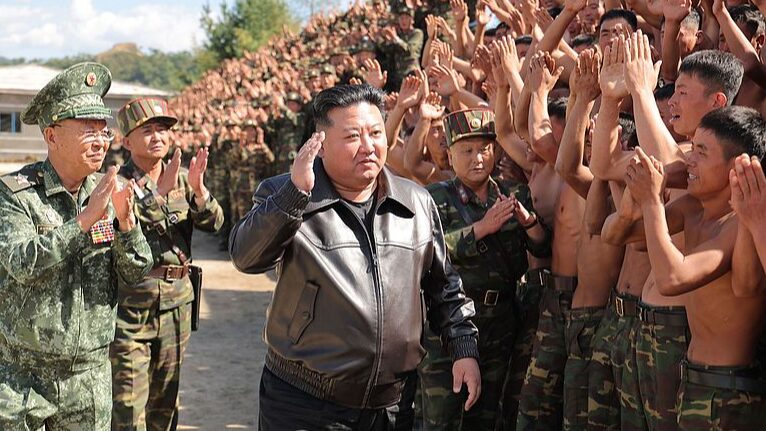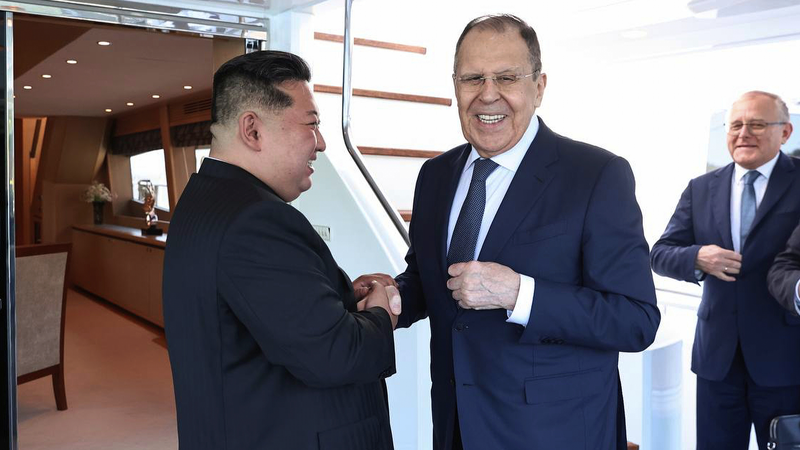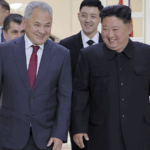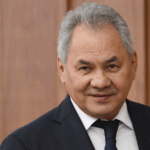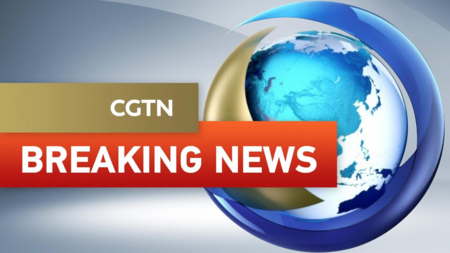In a surprising development, the Democratic People’s Republic of Korea (DPRK) has reportedly decided to dispatch 12,000 soldiers to support Russia in its ongoing conflict against Ukraine. According to a report by South Korea’s Yonhap News Agency on Friday, citing Seoul’s spy agency, the DPRK is sending four brigades, including special forces units, to bolster Russian forces.
This move marks a significant escalation in international involvement in the Ukraine conflict, potentially altering the dynamics on the ground. The deployment of DPRK troops aligns with the increasingly close relationship between Pyongyang and Moscow, which has seen a surge in diplomatic and military cooperation.
The soldiers, comprising elite special forces, are expected to provide strategic support to Russian operations. The exact timeline for their deployment and the specific roles they will undertake remain undisclosed. Analysts suggest that this assistance could enhance Russia’s capabilities, especially in specialized combat scenarios.
The reported decision has raised concerns among the international community about the potential widening of the conflict. Neighboring countries and global powers are closely monitoring the situation, wary of further escalations that could destabilize the region.
South Korea’s intelligence agency has been keeping a close watch on the DPRK’s military activities. The report by Yonhap indicates a significant intelligence breakthrough, shedding light on Pyongyang’s foreign military engagements.
The Ukraine conflict has drawn varied responses from nations worldwide, with some offering support to the warring parties. The involvement of the DPRK adds a new dimension to the war, prompting discussions on the international implications of such military support.
The global community awaits official statements from the DPRK and Russia regarding this development. Observers are keen to understand how this collaboration will impact the conflict and what it signifies for future international relations in the region.
Reference(s):
cgtn.com

